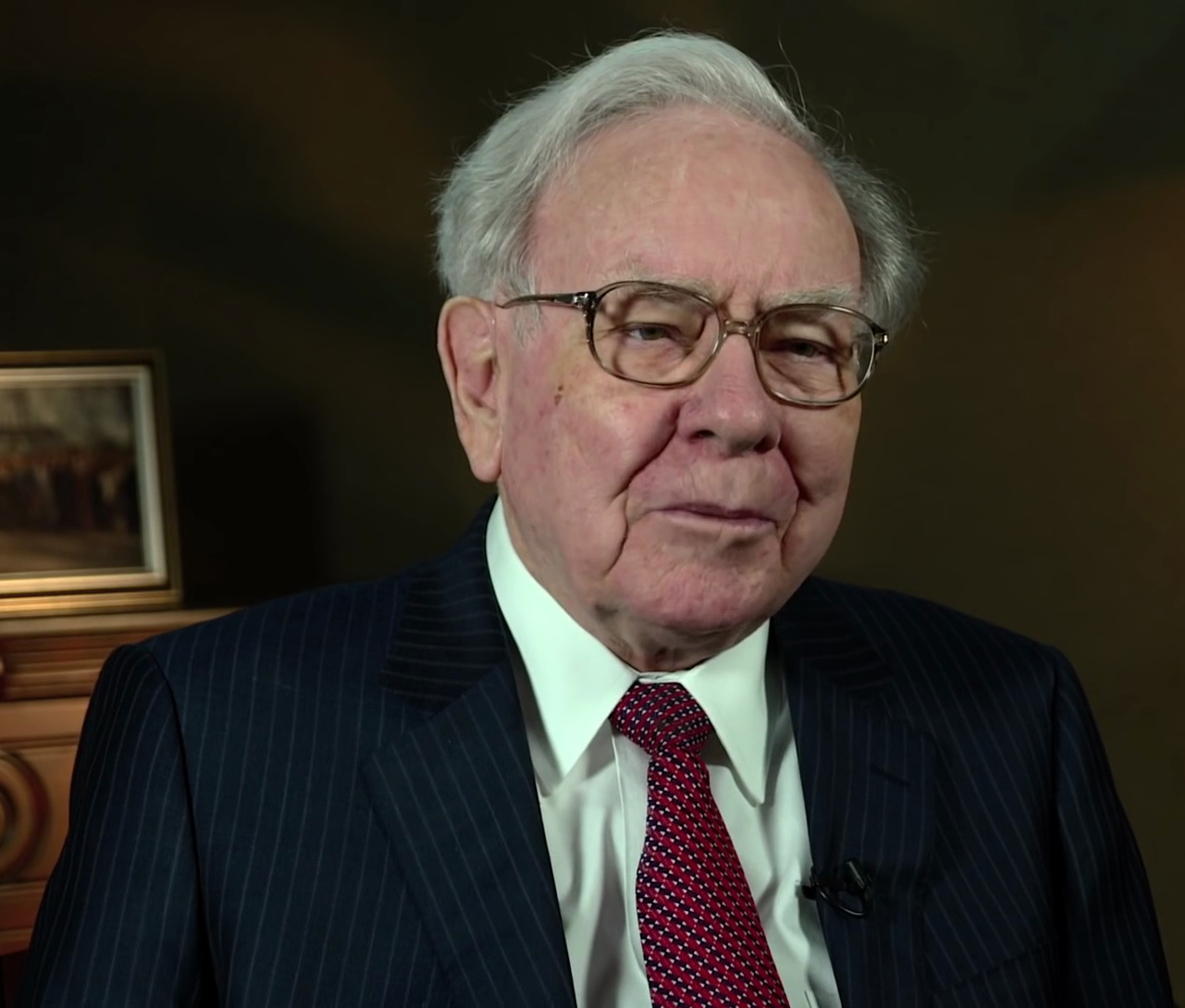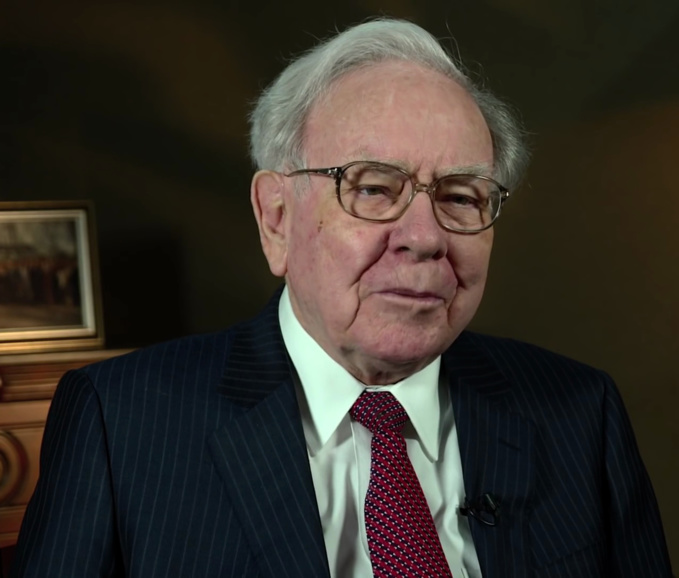Berkshire Hathaway holding company, led by US investor Warren Buffett (No. 4 in the global ranking of billionaires; net wealth $ 67.5 billion), reported a loss of $ 49.7 billion in the first quarter of 2020, which ended March 31. The company's profit for the same period last year was estimated at $ 21.7 billion.
The conglomerate’s stock portfolio, which includes Apple, Bank of America, fell by $ 55.5 billion. Berkshire’s shares have fallen 19% since the start of the year, outperforming the S&P 500: it has fallen 12% since the beginning of the year.
The company's report emphasizes that the results were affected by the spread of coronavirus. “As efforts to contain the spread of the COVID-19 pandemic increased in the second half of March and in April, most of our businesses faced negative consequences,” Berkshire Hathaway said. In mid-April, Charlie Munger, vice president of the company, told The Wall Street Journal that several holding companies could even close altogether.
As CEO of Berkshire Hathaway, Buffett has been looking for more lucrative investments for years, but has opposed buying them “at exorbitant prices,” Bloomberg writes. However, the collapse of the markets has not yet forced the billionaire to buy high-yield assets. In the first quarter, Berkshire increased its cash reserve by $ 10 billion to $ 137 billion. The company spent only $ 3.5 billion on the purchase of shares during this period. This contrasts with the financial crisis of 2008, when Buffett’s holding used accumulated cash reserves to profitably buy cheaper assets, the agency notes.
source: forbes.com
The conglomerate’s stock portfolio, which includes Apple, Bank of America, fell by $ 55.5 billion. Berkshire’s shares have fallen 19% since the start of the year, outperforming the S&P 500: it has fallen 12% since the beginning of the year.
The company's report emphasizes that the results were affected by the spread of coronavirus. “As efforts to contain the spread of the COVID-19 pandemic increased in the second half of March and in April, most of our businesses faced negative consequences,” Berkshire Hathaway said. In mid-April, Charlie Munger, vice president of the company, told The Wall Street Journal that several holding companies could even close altogether.
As CEO of Berkshire Hathaway, Buffett has been looking for more lucrative investments for years, but has opposed buying them “at exorbitant prices,” Bloomberg writes. However, the collapse of the markets has not yet forced the billionaire to buy high-yield assets. In the first quarter, Berkshire increased its cash reserve by $ 10 billion to $ 137 billion. The company spent only $ 3.5 billion on the purchase of shares during this period. This contrasts with the financial crisis of 2008, when Buffett’s holding used accumulated cash reserves to profitably buy cheaper assets, the agency notes.
source: forbes.com



















